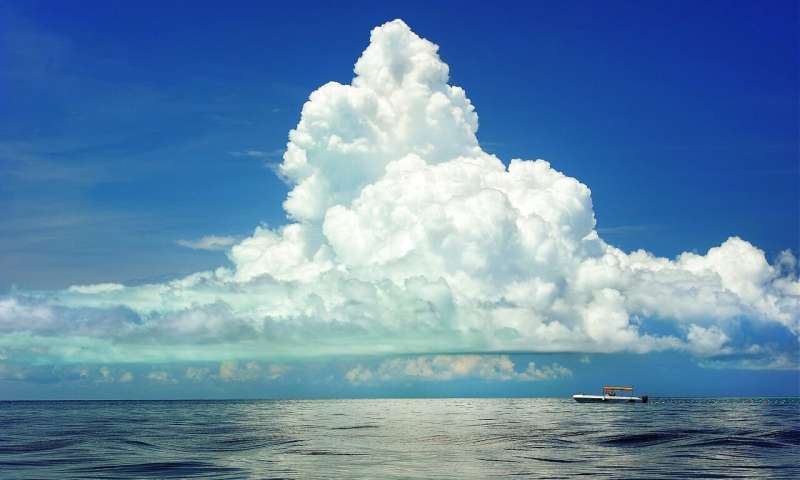

There are obstacles when it comes to sharing marine space, infrastructure, and resources in Rhode Island, a recent study found. With the usage of the state’s coastal and offshore waters increasing, University of Rhode Island professor of marine affairs David Bidwell wanted to understand what current and potential marine multi-use opportunities might exist.
So he, along with Tiffany Smythe, associate professor of maritime governance at the Coast Guard Academy, and Di Jin, senior scientist at the Woods Hole Oceanographic Institution Marine Policy Center, put together focus groups consisting of small-scale business owners from commercial and recreational fisheries, aquaculture, marine educators, and tour boat operators, as well as surfers, kayakers, sailors, and boaters.
What they found, Bidwell said, was that “There wasn’t a lot of clamoring for, ‘Oh, we love multi-use, and here are these opportunities.’ It was mostly this idea of, ‘Well, we deal with multi-use because we have to.'”
The idea that different marine businesses can share space, infrastructure, and resources has been touted as a way to find mutual benefits and reduce use conflicts—like using offshore wind turbines as staging areas for aquaculture farms or infrastructure for environmental data collection.
But the researchers found that lack of parking and other shoreline access issues are an obstacle to multi-use of coastal waters in Rhode Island.
“What we found, particularly with an increase in on-water recreation, is that the demand for that limited supply of access points has just gone sort of sky high. And so there is this real feeling of this need for more multi-use access points and access facilities. If you want to expand multi-use, then having parking, bathrooms, changing rooms, all those sorts of things is really a limiting factor, and we never really thought of that,” Bidwell said.
“If you want to say, ‘Oh, let’s increase coastal tourism around aquaculture’ or other things, you need a place that you can safely get them on the water,” he added.
The researchers found that uses that had a long tradition of sharing space seemed to more or less amicably co-exist—for instance, sailing race organizers coordinated with commercial shippers so they could stay out of each other’s way.
Newer uses, and ones that involved more permanent structures in the water, however, were leading to conflicts, they found.
“When you talk about things like offshore wind or aquaculture, where you have these static uses that are there, that sort of raises these values-based conflicts of ‘What is the marine environment for? Should you be able to basically privatize [marine] areas?'” Bidwell said. “And then when you get lots of new players, there’s more opportunity for conflict.”
At this point in their research, Bidwell said, it seems that expanding multi-use marine opportunities in Rhode Island for small businesses is “going to require a real effort from the policy makers to make that actually happen.”
Work on the project will continue into the fall with a second round of focus groups intended to bring the small operators in with other interests, such as larger operators or resource managers, to talk about potential areas of future multi-use.
Provided by
University of Rhode Island
Citation:
Shoreline access, lack of parking found to be obstacles to shared usage of coastal resources in Rhode Island (2024, September 23)
retrieved 23 September 2024
from https://phys.org/news/2024-09-shoreline-access-lack-obstacles-usage.html
This document is subject to copyright. Apart from any fair dealing for the purpose of private study or research, no
part may be reproduced without the written permission. The content is provided for information purposes only.